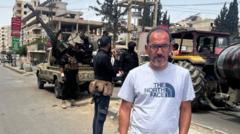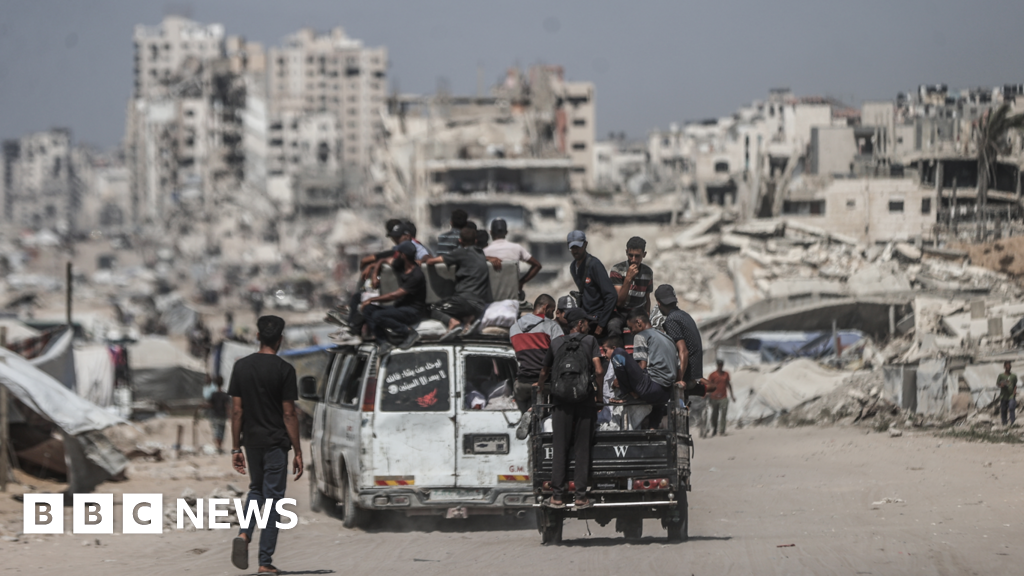As the team set up to film, Israeli soldiers quickly surrounded them, displaying their weapons and instructing them to halt filming. Despite attempts to clarify their identity as journalists, the situation escalated. The team was stripped of their equipment, phones, and subjected to hours of scrutiny and interrogation that raised serious concerns about press freedom and journalists' safety in conflict zones.
After several hours of detention and interrogation, during which phones and personal data were searched, the BBC team was released in a remote area, left to find their way back to safety. The incident draws attention to the increasing dangers faced by journalists in volatile regions and sparks ongoing discussions about the treatment of reporters by military forces in conflict zones.
The BBC has formally lodged a complaint regarding the conduct of the Israeli military during this incident, as the crew's mistreatment raises significant ethical and legal questions about the treatment of journalists in warfare contexts.
As this situation continues to develop, the international community and media watchdogs are keeping a close eye on how such actions might impact freedom of press and reporting in Syria and other conflict areas globally.
The team’s harrowing ordeal exemplifies the broader threats journalists face worldwide when covering sensitive and dangerous issues, reaffirming the need for enhanced protections for those in the line of duty.
After several hours of detention and interrogation, during which phones and personal data were searched, the BBC team was released in a remote area, left to find their way back to safety. The incident draws attention to the increasing dangers faced by journalists in volatile regions and sparks ongoing discussions about the treatment of reporters by military forces in conflict zones.
The BBC has formally lodged a complaint regarding the conduct of the Israeli military during this incident, as the crew's mistreatment raises significant ethical and legal questions about the treatment of journalists in warfare contexts.
As this situation continues to develop, the international community and media watchdogs are keeping a close eye on how such actions might impact freedom of press and reporting in Syria and other conflict areas globally.
The team’s harrowing ordeal exemplifies the broader threats journalists face worldwide when covering sensitive and dangerous issues, reaffirming the need for enhanced protections for those in the line of duty.




















